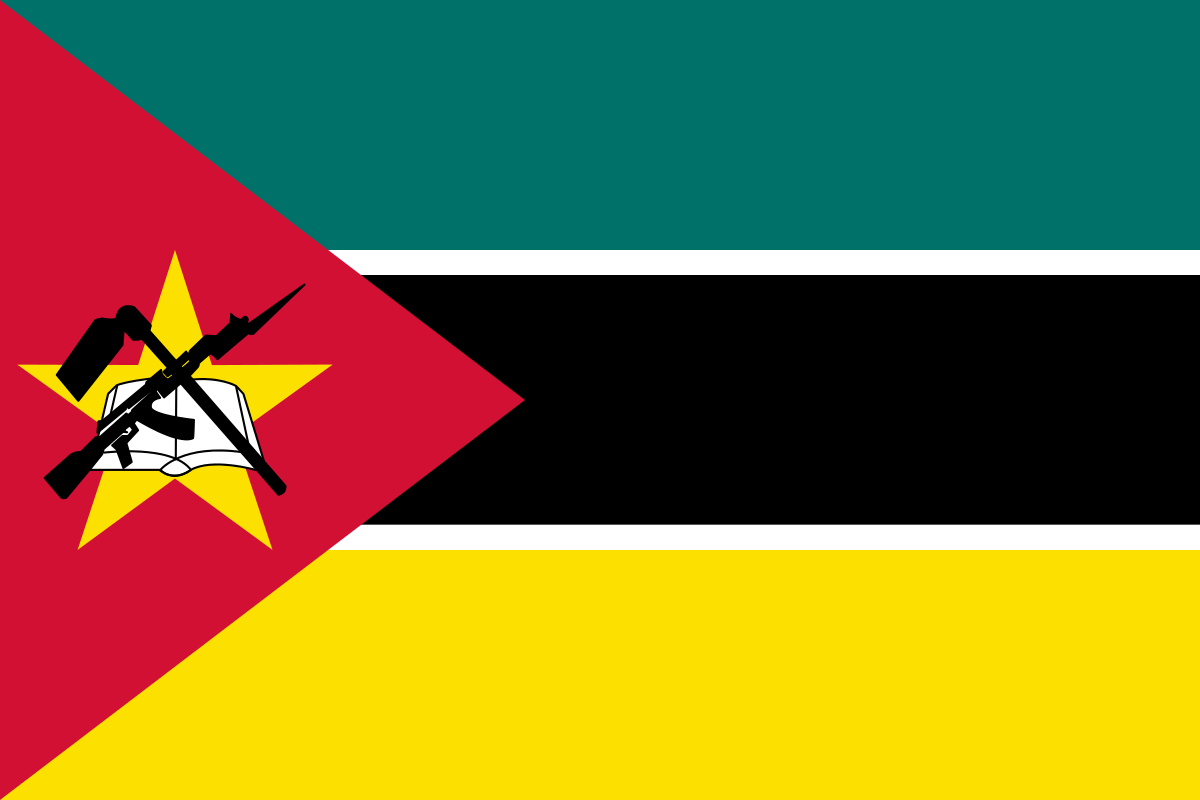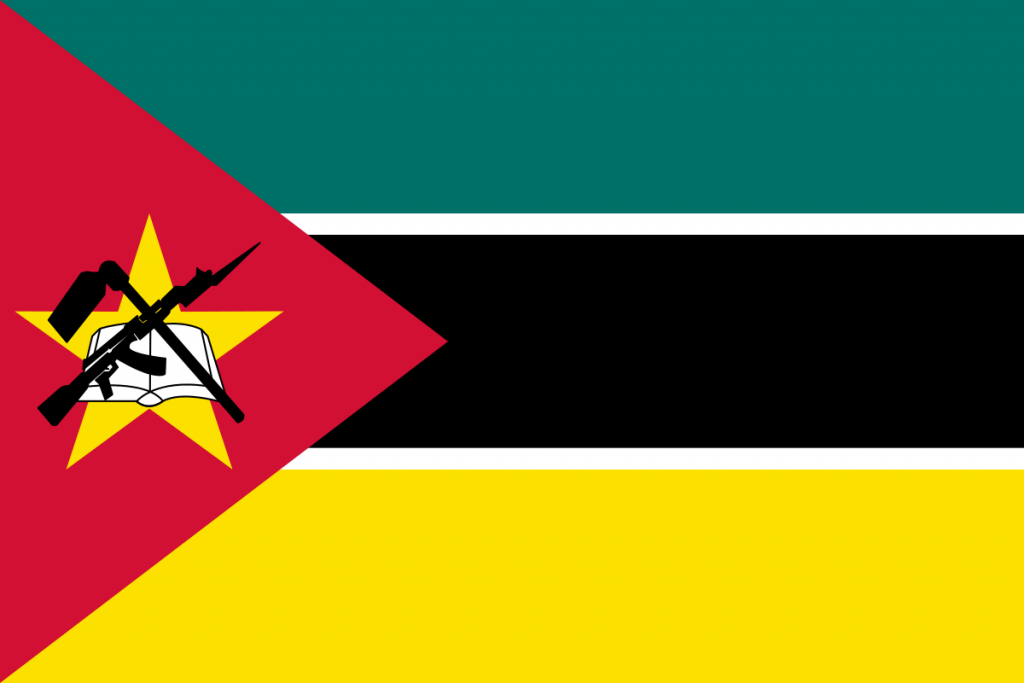
The Maputo City Law Court, at the request of the Mozambican Public Prosecutor’s Office, has ordered the dissolution of two fraudulent, security-linked companies, Proindicus and MAM (Mozambique Asset Management).
The dissolution of a third company, Ematum (Mozambican Tuna Company) is pending.
The first commercial section of the City Court ordered the dissolution after a preliminary hearing with prosecutors on Monday. The technical reason for liquidation is that the liquidity of the three companies has fallen below 50 per cent of their nominal share capital.
The companies have not been operating for more than three years. The court-ordered dissolution could lead to selling off whatever assets the companies may have to pay off their creditors.
This is the latest stage in the worst financial scandal to hit Mozambique in its entire history. Proindicus, Ematum and MAM were supposedly set up to boost coastal security and to launch a tuna fishing fleet.
But there was no improvement in coastal security, and the Ematum vessels scarcely ever put to sea. The tuna on sale in Mozambican markets mostly comes from artisanal fishermen, not from Ematum.
The three companies obtained loans of over two billion US dollars from the banks’ Credit Suisse and VTB of Russia. Those loans were only possible because in 2013 and 2014 the government of the time, under President Armando Guebuza, illegally guaranteed the loans.
The loan guarantees, mostly signed by the then Finance Minister Manuel Chang, smashed through the ceiling on guarantees set in the 2013 and 2014 budget laws. They also violated a clause in the Mozambican constitution, stating that only the country’s parliament, the Assembly of the Republic, can authorise such potential debt.
The loans were thoroughly corrupt. Three Credit Suisse bankers closely involved in negotiating the loans, Andrew Pearse, Detelvina Subeva, and Surgan Singh, confessed to US prosecutors that they took large bribes from the Abu Dhabi based group, Privinvest, which was the sole contractor for Proindicus, Ematum and MAM.
The loans from Credit Suisse and VTB were paid directly to Privinvest. Much of the money was then used to pay off, not only the three Credit Suisse bankers but also Chang and a number of other Mozambican officials.
Privinvest supplied fishing boats and assorted other assets to the three companies. An independent audit found in 2017 that the prices of these assets had been inflated by around 700 million dollars. Despite the weight of evidence against it, Privinvest has repeatedly claimed that it did nothing wrong.
Cases related to the loans, the illicit guarantees and the bribes are now slowly moving their way through the Mozambican and British legal systems. Mozambican prosecutors have charged 19 people with a variety of offences including corruption, embezzlement, abuse of office, forgery and forming a criminal association.
This charged include Ndambi Guebuza, the oldest son of President Guebuza, Gregorio Leao, the head of the intelligence service (SISE) under Guebuza, and Antonio do Rosario, the SISE officer who was chairperson of all three fraudulent companies. No date has yet been fixed for a trial.
Since the loans were arranged through the London branches of Credit Suisse and VTB, the Mozambican Attorney-General’s Office (PGR) is asking the London courts to annul the 622 million dollar debt to Credit Suisse incurred by Proindicus and to order compensation for all the losses Mozambique has suffered because of this scandal.
The PGR’s case is against Credit Suisse, the three Credit Suisse bankers who have confessed to taking bribes, and Privinvest.
The PGR demands that Credit Suisse be held responsible for the entire debt. That would mean annulling the loan of 622 million dollars to Proindicus. In addition, Credit Suisse should pay part of the 540 million dollar loans to MAM and the 850 million bond issue to Ematum.
The Mozambican case is that the loans to the three companies were just a scheme to extract bribes and kickbacks of about 200 million dollars. The lawyers hired by the PGR argued that “the entire debt was no more than a vehicle for the enrichment of the accused at the cost of the Republic of Mozambique”.

